Love it or hate it, jazz is a music phenomenon: a true 'world' music that came of age over a century ago.
Originating in the buzzing port city of New Orleans, where musical cultures from around the world came together, jazz music developed when Western instruments such as the saxophone and trumpet met the rhythms and improvisational forms of Africa. And it has never looked back.
Here's our guide to the best books about jazz.
Best jazz books at a glance
- On Jazz – A Personal Journey by Alyn Shipton, £15.45
- Hidden Man – My Many Musical Lives by John Altman £27.95
- Keith Jarrett – A Biography by Wolfgang Sandner; Trans. Chris Jarrett, £21.75
- Women in Jazz by Sammy Stein, £24.99
- Dave Brubeck – A Life in Time byPhilip Clark, £9.99
- The Letters of Cole Porter by Cliff Eisen and Dominic McHugh, £25
Best books about jazz
On Jazz – A Personal Journey
Alyn Shipton
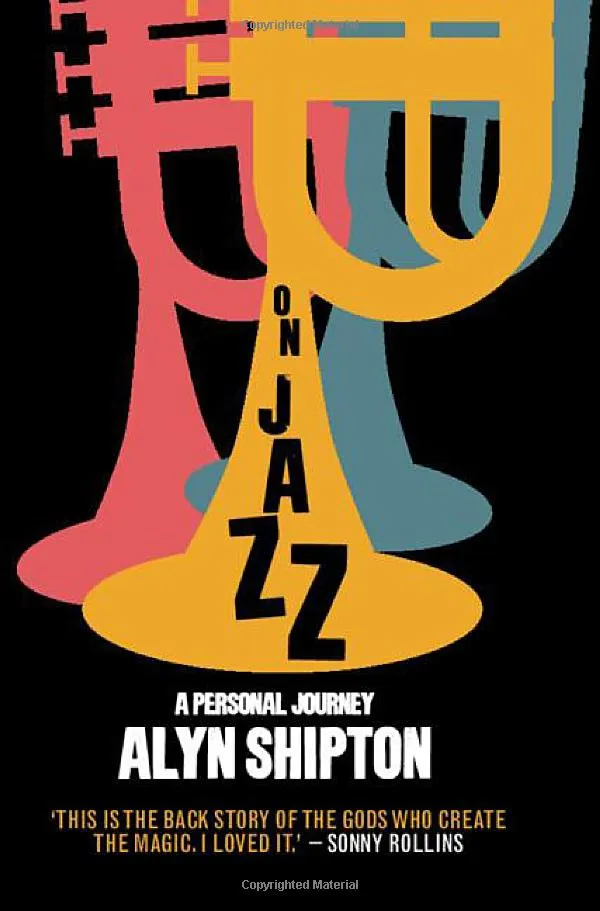
Interweaving a musical autobiography with a series of accounts of meetings with remarkable jazz musicians is clearly a good idea if you happen to be Alyn Shipton, the respected jazz writer, researcher, broadcaster etc. He’s spent time on the bandstand as a bassist, too, so what could possibly go wrong?
Happily, nothing does, which is to the author’s immense credit given that encounters chronicled in a book of this kind can all too easily fall into the egocentric rut of famous-musicians-who-met-me. Shipton elegantly eschews this, despite not unreasonably being at the centre of this tightly packed yet highly readable narrative that charts his own life from his earliest encounters with music via his experiences in New Orleans to his subsequent multi-faceted career.
Instead, the interview/chat sections come with just enough scene-setting exposition to allow Shipton to defer to his subjects, meaning that we hear them rather than him. Said subjects are a who’s who of jazz, ranging from Mack ‘Dr John’ Rebennack and trumpeter Doc Cheatham via Milt Jackson and Sonny Rollins to Gwyneth Herbert. Detailed, lucid and engaging. Roger Thomas
Hidden Man – My Many Musical Lives
John Altman
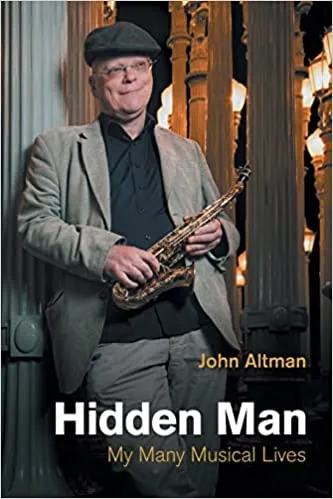
You get the feeling that John Altman can’t believe his luck. As a session player, saxophonist, arranger, producer, bandleader, conductor and film composer, the British musician has had (and is still enjoying) quite the career. But you’d be forgiven for not having ever heard of him – hence the book’s title.
You also get the feeling that this veritable musical polymath has been bursting to share these stories of celebrity encounters and no small amount of hard work – such is the life of a jobbing musician. He begins by telling of the time he was accused of being a flagrant ‘name dropper’, yet it would be hard for Altman to share his story without including the who’s who of music and pop culture royalty who have played their own part in his career.
From George Harrison and Van Morrison to Björk and Monty Python, it’s a gallery of stars, not to mention a breathless (and sometimes exhausting) recollection of late-night jam sessions, number one hits and a memorable life in music. Michael Beek
Keith Jarrett – A Biography
Wolfgang Sandner; Trans. Chris Jarrett
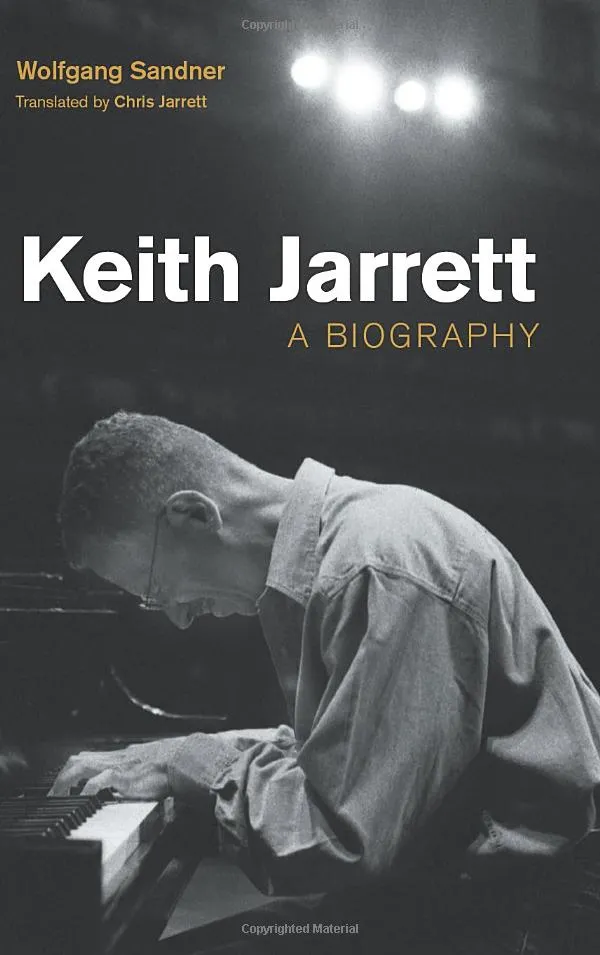
This is an updated translation of the original 2015 German edition and is very welcome on this and several other counts. Jarrett’s declining health has forced him to retire from public performance, so this detailed discussion of the pianist’s recorded legacy, and the appended discography, are particularly welcome; though both are poignant reminders that this will now be the only way to hear his music.
That said, this is by no means just a book for record collectors. The author presents an informative and detailed account of Jarrett’s early life, then goes on to integrate all the varied aspects of his career into a coherent whole: his development as an artist, the choices he made and the choices that were forced upon him by circumstance, his interaction with other musicians and the roles they played in the pianist’s music. The writing clunks occasionally, such as when the pianist is described as having ‘drunk from the mysterious goblet of the druid Thelonious [Monk],’ but Sandner’s critical rigour more than makes up for that. Roger Thomas
Women in Jazz
Sammy Stein
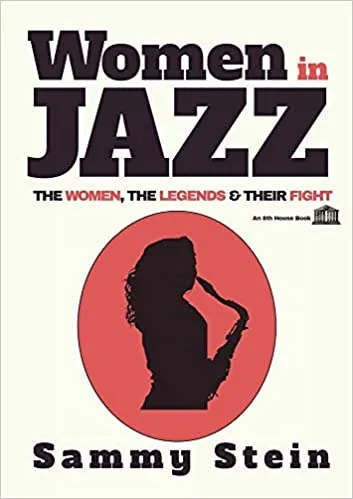
‘Women are hot right now’, the opening line of Women in Jazz reads. Gender equality is discussed in all industries, it argues, except jazz.
Stein dedicates the book’s first half to significant female musicians from history. Deftly navigating the intersections of race and feminism, these biographies are, for the most part, thorough and well researched.
The book’s main thesis then starts to lose its way, with a series of lengthy interviews with artists, radio hosts and promoters. It’s refreshing to see these behind-the-scenes voices given a platform, but many make sweeping claims about complex issues, which are left unexamined. There is little concrete evidence to back up the unsubstantiated claims of both the author and contributors, and with no bibliography or referencing, any cited research loses credibility.
A tighter edit is needed throughout, with misjudged syntax, repetition, missing accents and spelling errors throughout. I was surprised, for instance, to discover that Aretha Franklin performed at Martin Luther’s funeral.
Women in Jazz is a book with good intentions but is proof of the importance of a firm editing hand, particularly when dealing with such nuanced issues. Freya Parr
Dave Brubeck – A Life in Time
Philip Clark
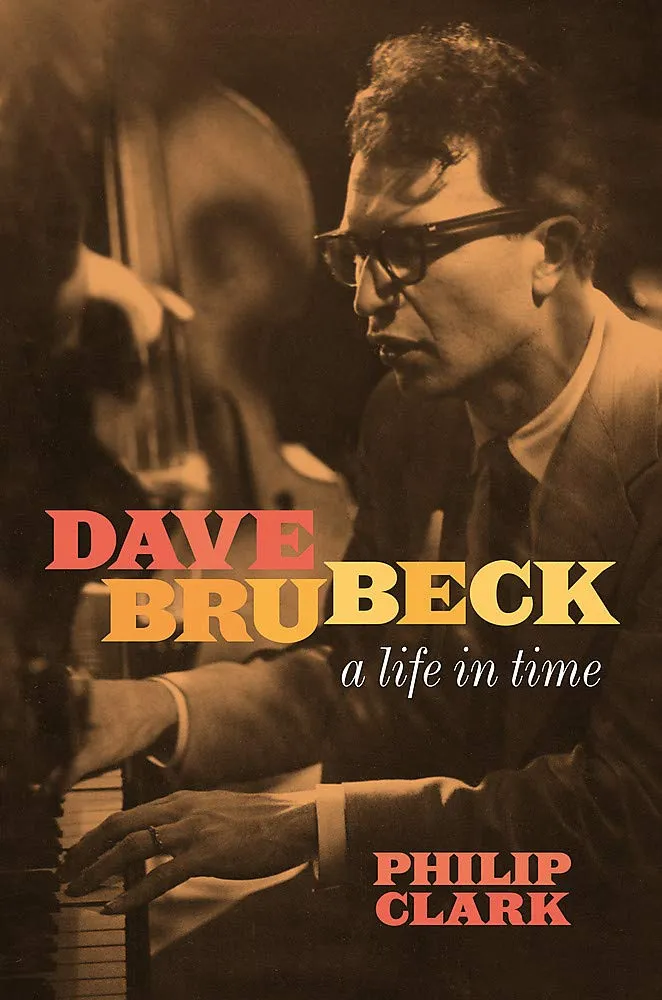
Dave Brubeck remains a paradoxical figure in that he brought a sophisticated, often classically-inspired approach to jazz that could occasionally alienate his peers, while at the same time being one of the music’s most effective ambassadors to those who might otherwise not listen to it at all.
These, however, are well-worn contentions, so it’s to Philip Clark’s credit that this excellent biography devotes itself to the actual music Brubeck made, the players who helped bring it to life and the contexts in which it was created and received.
Structurally, the book takes events such as the author’s interviews (Clark had considerable personal contact with Brubeck and his family) and gig attendances as vantage points which allow him to create large chunks of richly detailed and highly condensed narrative, presented in a style that occasionally plays slice-and-dice with conventional chronology (the usual date and place of birth stuff happens after p300) but which is all the more propulsive for that.
An articulate, scrupulously-researched account based on first-hand information, this book presents Brubeck’s contribution to music with the critical insight that it deserves. Roger Thomas
We named Dave Brubeck one of the greatest jazz pianists of all time
The Letters of Cole Porter
Cliff Eisen and Dominic McHugh
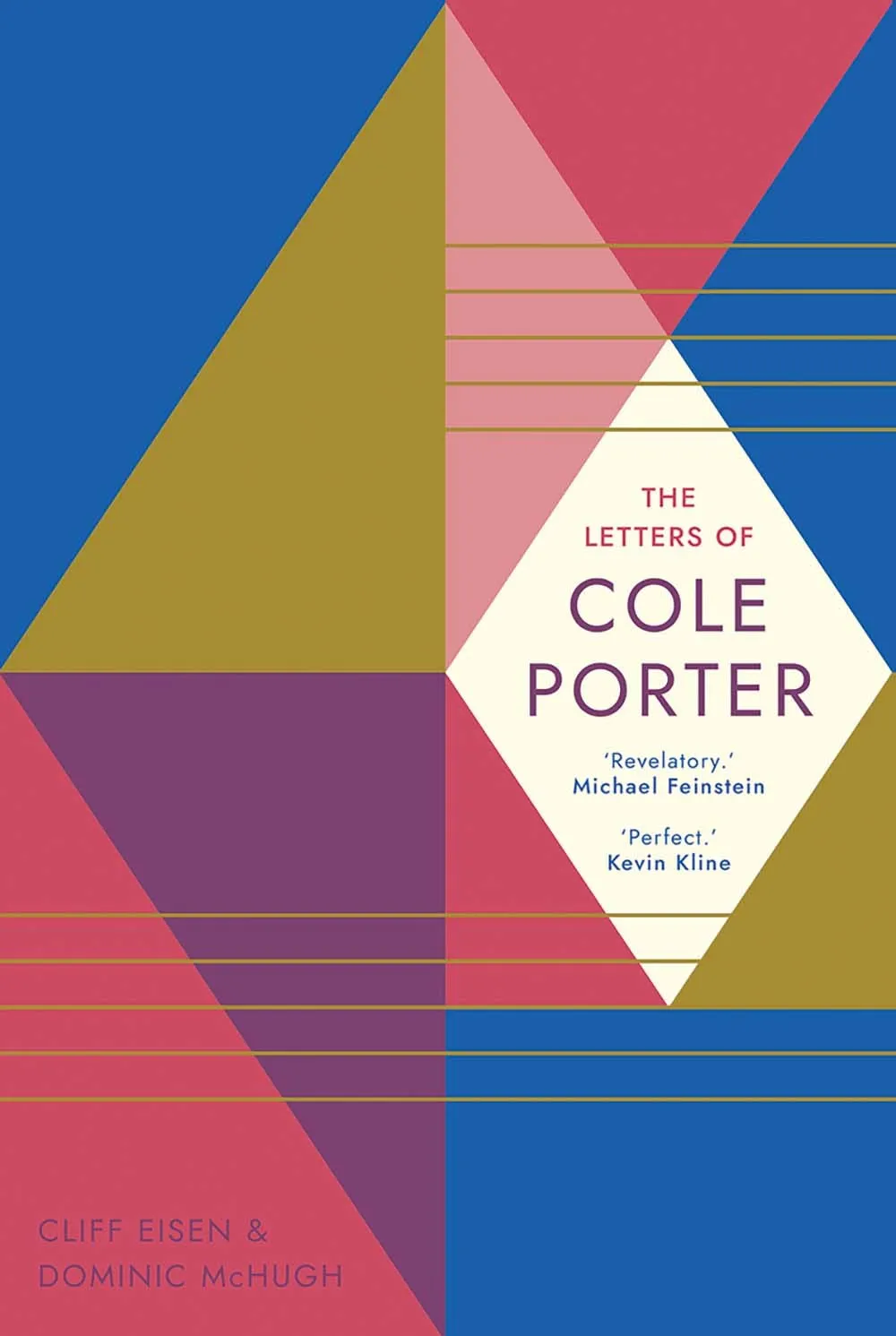
Two leading scholars have produced this substantial collection of letters (and more) by arguably the greatest lyricist-composer of the American musical tradition.
Cole Porter was in many respects an unusual figure among a talented generation working in the musical comedy field: his background was mid-Western wealthy, and he himself studied at both Yale and Harvard universities.
Writing songs from his Yale period onwards, he would go on to enjoy the highlife, living in Paris and Venice during the 1920s, and considered studying with Stravinsky at one point (he decided not to).
His working life as a composer for Broadway and Hollywood encompassed more than four decades, but a serious riding accident in 1937 necessitated innumerable painful operations and eventually the fitting of an artificial leg in 1958, after which he wrote no more. Happily married for 35 years, he was nevertheless gay, and some of the most personal documents here are letters to lovers such as Diaghilev’s amanuensis, Boris Kochno.
Diary sequences relating to travel or writing film scores and even lists of his requirements for hotel stays flesh out our knowledge of a complex artist. George Hall
